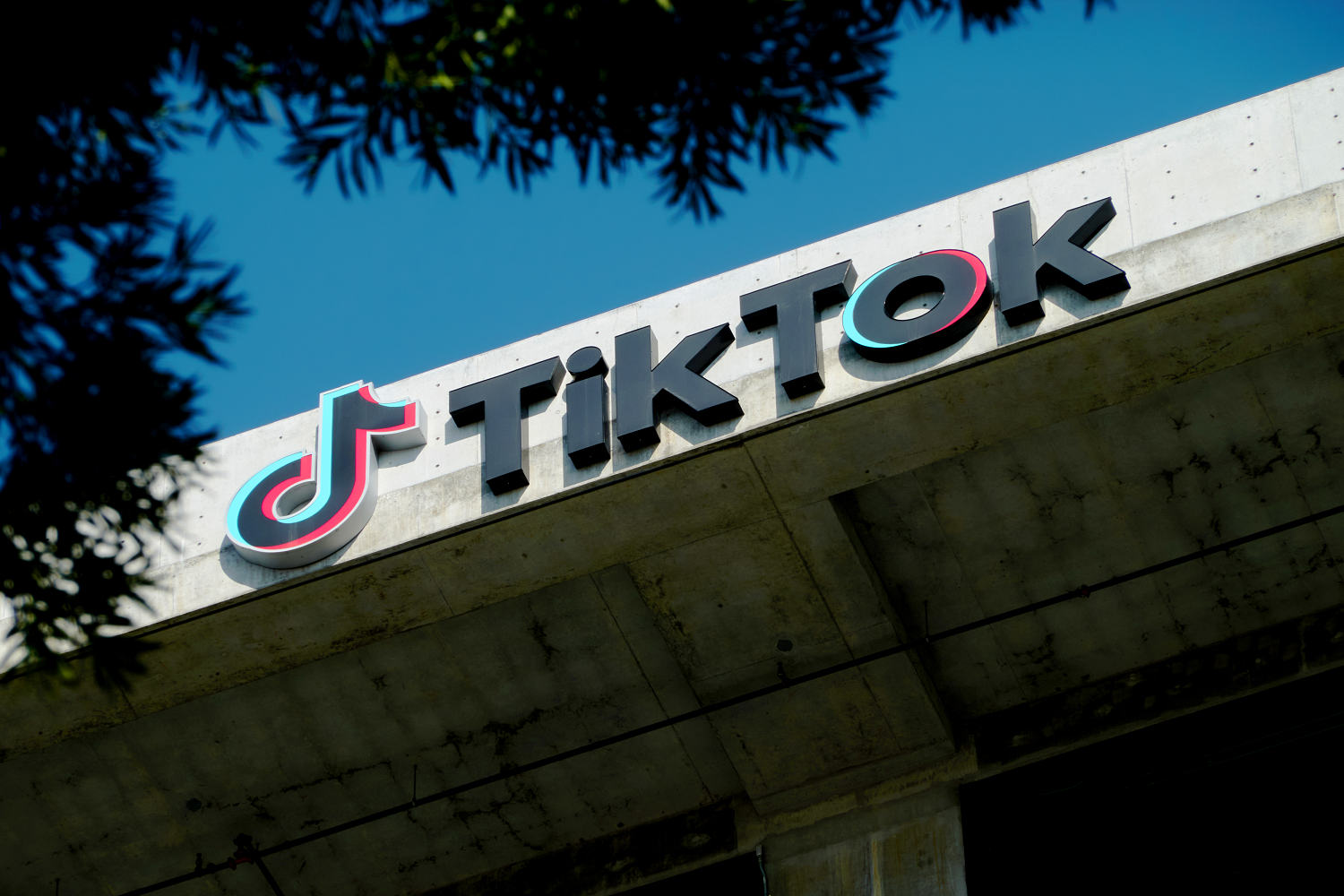Federal judgeships bill will improve justice delivery and the rule of law

As U.S. senators neared August recess, a surprising, but promising, development materialized. They unanimously passed, and sent to the House, what may become the first countrywide judgeships legislation since 1990. This law is necessary, as massive caseloads across the lower federal courts nationwide have increased by one third.
Over many years, horror stories abounded regarding the consequences of deficient judicial resources. They can be especially perilous in states that border Mexico or experience a huge influx of migrants, namely Chicago, Los Angeles, Miami and New York. Illustrative is the Eastern District of California which spans Oregon’s border to Bakersfield; for decades, its jurists have confronted dockets that remained double the national average. Arizona, Florida and Texas experience similar, harmful impacts.
Related phenomena exacerbate these complications. For instance, the Speedy Trial Act prioritized criminal matters, Supreme Court rulings have expanded criminal defendants’ procedural safeguards, and the Federal Rules of Criminal Procedure’s similar protections have consumed scarce judicial resources, hindering justice’s delivery in civil lawsuits. These factors complicate setting and keeping trial dates. Eastern District civil litigants must wait five years to receive a trial. COVID-19’s appearance in 2020 worsened those phenomena by creating gigantic backlogs.
The U.S. Courts Administrative Office (the Third Branch’s administrative complement), the Judicial Conference (the policymaking arm), and the Federal Judicial Center (the research arm) collect, evaluate and synthesize relevant empirical data that identify the problems which overloaded courts encounter.
For instance, the U.S. Courts Administrative Office grounds emergency vacancy designations in, and the Conference premises new judgeship recommendations for Congress on, conservative work and caseload estimates and openings’ protracted length. The Conference has even proposed substantial judgeship increases practically every other year since 2003. Despite those findings, Congress has instituted negligible measures to address the problems since 1990.
A comprehensive law’s absence has imposed adverse consequences. For example, it frustrated endeavors of ample courts, jurists, staff, litigants and counsel to promptly, economically and fairly conclude suits. These parameters may undercut respect for, and confidence in, tribunals, as effective dispute resolution mechanisms, and the rule of law.
For instance, potential defendants with significant resources might game the system, complicating plaintiffs’ attempts to win cases. The phenomena may discourage possible litigants from initiating suits, much less completing them, given the time, money and effort involved with losses of respect for applicable procedures. Moreover, in numerous tribunals, the crushing workloads have discouraged accomplished candidates from even considering judicial service.
Statutory implementation appears straightforward. The law provides two cohorts of 11 permanent judgeships for which President-elect Trump would tap candidates between next year and 2026’s conclusion and 11 permanent court seats for which he would name aspirants before 2028 ends.
The bill then makes similar provision for the individuals elected president in 2028 and 2032. The spread of tranches among as many as three presidents over 12 years is intended to dispel concerns that the law would only benefit a single president or party.
Democratic House Judiciary Committee leaders Jerry Nadler (N.Y.) and Hank Johnson (Ga.) oppose passage, because the statute would allow Trump to confirm 22 more district jurists. On Tuesday, President Biden stated that he will veto the bill, as it “would create new judgeships in states where senators have sought to hold open existing judicial vacancies [,suggesting] that concerns about judicial economy and caseloads are not the true motivating force behind passage of this bill now.” On Thursday, the House passed the bill 236-173, which suggests that the House will not be able to override Biden’s veto threat.
The current standoff is emblematic of the partisanship and polarization that pervade modern judicial selection. If Republicans and Democrats cannot reach consensus about the proposed law, Republicans should consider allowing Democrats to recommend candidates for nominees who fill 11 of the newly-created judgeships, which the legislation prescribes.
Both parties must remember that judges and lawmakers recognized how much the bill was needed earlier this year, and the election results have not made the necessity for judgeships any less urgent.
Carl Tobias is the University of Richmond Williams Chair in Law.
Topics
-

New Federal Rule Limits Overdraft Fees at Large Banks
It is unclear whether the rule, which could help save Americans billions in fees each year, will remain in place after President-elect Donald J. Trump returns to office.The New York Times - 2d -
Was mocking Musk a mistake? Democrats think about warmer relationship with the billionaire
Democrats had soured on the richest man on the planet. But a few are starting to wonder if that was a mistake.Politico - 2d -

Louisville and Justice Dept. Reach Deal on Federal Oversight of Police
The agreement comes after the Justice Department documented excessive use of force, illegal searches and car stops and widespread discrimination against Black people and those with mental illnesses.The New York Times - 1d -

Federal bankruptcy judge rules against sale of Alex Jones InfoWars to The Onion
A federal bankruptcy judge denied the sale of Alex Jones’s InfoWars to The Onion on Wednesday, citing a lack of transparency in the auction process as reason for rejection. “I don’t think anyone ...The Hill - 3d -

Cotton blocks federal shield law for journalists
Sen. Tom Cotton (R-Ark.) blocked a federal shield law that would protect journalists from revealing their sources and material to the government. In the Senate on Tuesday, Sen. Ron Wyden (D-Ore.) ...The Hill - 3d -

Federal appeals court upholds law requiring sale or ban of TikTok in the US
A federal appeals court panel on Friday unanimously upheld a law that could lead to a ban on TikTok as soon as next month, handing a resounding defeat to the popular social media platform as it ...ABC News - Dec. 6 -

Federal judges uphold law that could ban TikTok in the U.S.
A panel of three federal Appeals Court judges ruled unanimously to uphold a law Friday that could potentially ban TikTok in the U.S.NBC News - Dec. 6 -

Federal appeals court upholds law requiring sale or ban of TikTok in the U.S.
A federal appeals court panel on Friday upheld a law that could lead to a ban on TikTok in a few short months, handing a resounding defeat to the popular social media platform as it fights for its ...ABC News - Dec. 6 -

Comer highlights bill challenging work from home deal for federal employees
Rep. James Comer (R-Ky.) on Tuesday highlighted a bill he previously introduced that challenges a deal for hybrid work protections of federal employees. “THOUSANDS of federal employees just landed ...The Hill - Dec. 4
More from The Hill
-

Sunday shows preview: Drones capture national attention; Congress works to avert shutdown
The Hill - 40m -

Live coverage: Trump, close allies arrive to Army-Navy game; NY governor presses Biden to act on drones
The Hill - 57m -

Jan. 6 rioter who tried to join Russian Army sentenced to prison for defying probation
The Hill - 1h -

Hochul presses Biden admin for action on mysterious drones: 'This has gone too far'
The Hill - 2h -

Biden urges Congress to 'do something' for gun reform on Sandy Hook shooting anniversary
The Hill - 2h